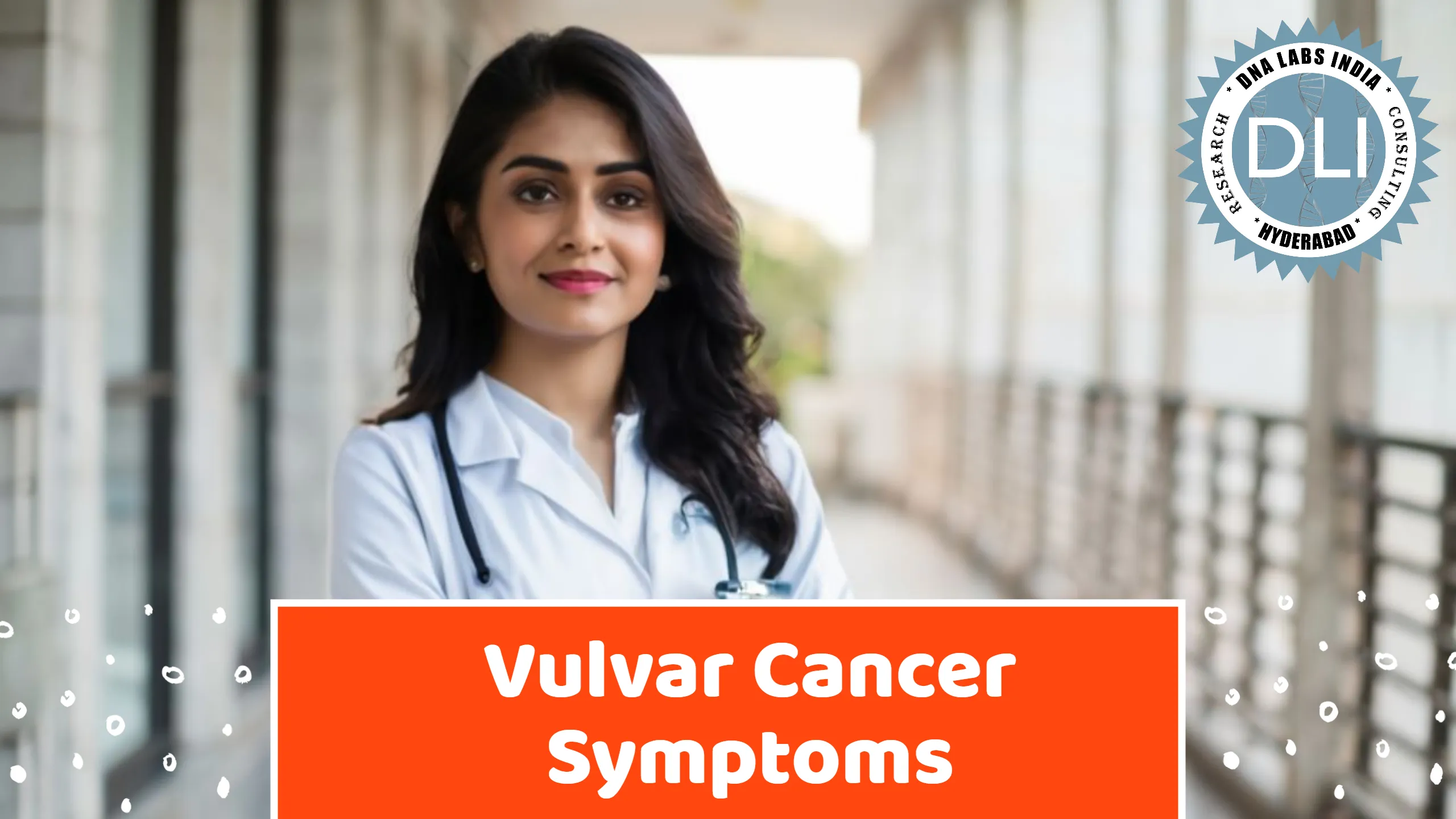Don’t Miss the Signs: Understanding Vulvar Cancer Symptoms in India
Vulvar cancer, although less common than other cancers, is a significant health concern for women in India. Early detection is essential for successful treatment and a positive prognosis. This article provides the knowledge to identify the signs and symptoms of vulvar cancer, empowering you to take control of your well-being.
Understanding Vulvar Cancer
The vulva, the external part of the female genitalia, can be affected by cancer when abnormal cells in the vulvar skin multiply uncontrollably. While the exact causes are still being researched, certain factors can increase your risk. These include infection with the human papillomavirus (HPV), a history of vulvar precancer, smoking, and a weakened immune system.
Early Detection: The Key to Successful Treatment
Vulvar cancer symptoms can be subtle, particularly in the early stages. However, early detection is crucial as it allows for more effective treatment options and improved outcomes. Here’s why:
- High Treatability in Early Stages: Early-stage vulvar cancer is highly treatable. Through surgery, radiation therapy, or a combination of both, successful management is more likely.
- Prevention of Complex Treatments: Ignoring symptoms can lead to delayed diagnosis and potentially more complex treatment plans. By being aware of the signs and seeking medical evaluation promptly, you can take control of your health journey.
Warning Signs You Shouldn’t Ignore
Here are some key symptoms of vulvar cancer to be aware of, especially if they persist:
- Vulvar Itching: Persistent and severe itching in the vulvar area can be a sign of vulvar cancer.
- Changes in Skin Appearance: Be alert to any changes in the vulvar skin, such as thickening, reddening, or the development of white patches or lumps.
- Pain or Burning Sensation: A burning or stinging sensation in the vulvar area, particularly during urination or intercourse, can be a red flag.
- Bleeding: Unusual bleeding from the vulva, especially after menopause, should be evaluated by a doctor.
- Pain During Sex: If you experience pain during intercourse, it’s important to get checked by a healthcare professional, as it could be a sign of vulvar cancer or other conditions.
Remember, not every woman experiencing one or more of these symptoms will have vulvar cancer. However, it is crucial to address any persistent or concerning changes with your doctor. Early detection is key to a successful outcome.
Taking Charge of Your Health
Here are steps you can take to prioritize your vulvar health and potentially reduce your risk of vulvar cancer:
- Get Vaccinated Against HPV: The HPV vaccine is highly effective in preventing HPV infection, a major risk factor for vulvar cancer.
- Maintain Regular Check-Ups: Schedule regular pelvic exams with your doctor. These screenings can detect precancerous changes and potential abnormalities early on.
- Practice Safe Sex: Consistent and correct condom use can help reduce the risk of HPV transmission.
- Maintain Good Hygiene: Keep the vulvar area clean and dry. Avoid harsh soaps or douches that can irritate the delicate skin.
- Don’t Ignore Unusual Symptoms: Be mindful of your body and its signals. If you experience any persistent vulvar changes or discomfort, don’t hesitate to consult your doctor.
Conclusion
Knowledge is power. By understanding the symptoms of vulvar cancer and adopting a proactive approach to your health, you can play a vital role in early detection and successful management. Don’t hesitate to seek medical advice if you experience any concerning symptoms. Early detection is key to a brighter future.



